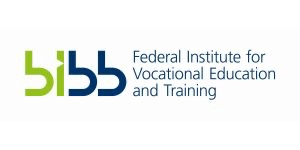TVET colleges in South Africa are primarily tasked with preparing students for the workplace. However, employers noted dissatisfaction in the skills and abilities of students entering the workplace. A possible reason for the poor preparation of students may have been found in past research.
Past research indicated certain lecturers lack workplace experience and qualifications. It was found that intermediate and FET (grade 10-11) qualified teachers and graduates from universities who lack workplace experience are employed at TVET colleges. Lecturers who lack workplace experience may find it difficult to link content with the needs of the industry for which they have to prepare their students and may not know how to link theory with practice during lessons. Teaching and learning at TVET colleges require concrete experiences and deliberate encounters. Actual, concrete experiences change the perspectives of students and lecturers and affects them profoundly, which can be seen as a pedagogic pilgrimage.
To address the latter, SSACI, a Swiss-South African initiative launched a work-integrated learning (WIL) project to identify lecturers that are only equipped with a teaching qualification and lack workplace experience. The work-integrated learning programme flared up lecturer's experience of work-integrated learning and increased motivation and enthusiasm, as they were able to integrate the examples learned from the workplace, to make lessons and lesson preparation more interesting. In addition, lecturers were able to tell students what to expect after graduation when they enter the workplace. A factor that negatively influences the effectiveness of work-integrated learning is the lack of policy supporting the programme.
The BILT project is implemented by

with support of

and sponsored by

UNESCO-UNEVOC International Centre
for Technical and Vocational Education and Training
UN Campus, Platz der Vereinten Nationen 1
53113 Bonn, Germany
Contact
Data privacy statement | Contacts | © UNESCO-UNEVOC